- Home | Industry Update | Berlin-based Start-up Revolutionizes Vegan Meat With Textile...
Berlin-based Start-up Revolutionizes Vegan Meat With Textile-inspired Tech

Berlin-based food tech start-up Project Eaden is reshaping the plant-based meat industry with a groundbreaking approach inspired by textile manufacturing. The company has secured $15.6 million in funding to scale up production of its “ultra-realistic” vegan meat, which mimics the texture and structure of animal protein using advanced fiber-spinning technology.
Project Eaden’s innovative process draws from the textile industry, utilizing a spinneret—a device traditionally used to create fibers for clothing—to produce plant-based fibers in varying shapes, sizes, and textures. These fibers, made from wheat, pea, and fava bean proteins, are then carefully woven together using proprietary compounding techniques to replicate the layered structure of real meat.
The company plans to launch its first plant-based “ham” in mid-2025, partnering with German retail giant REWE to bring its products to mainstream consumers. The funding round saw contributions from multiple investors, including Planet A, an environmental venture capital firm committed to sustainable innovations.
Project Eaden’s unique approach not only enhances the realism of plant-based meat but also offers a scalable, sustainable alternative to conventional meat production. By bridging food technology with textile engineering, the start-up is setting new standards for taste, texture, and environmental impact in the plant-based protein market.
With consumer demand for high-quality, eco-friendly meat alternatives on the rise, Project Eaden’s technology could mark a significant turning point in the future of sustainable food. As the company gears up for its highly anticipated retail launch, it is poised to become a key player in the global shift toward more ethical and planet-friendly dining choices.
02:48 PM, Jan 31
Source : Berlin-based Start-up Revolutionizes Vegan Meat With Textile-inspired Tech
Other Related Topics

Rieter Issues Market Update on Completion of Barmag Acquisition
10:33 AM, Dec 20

Indian Textile Exports Weave Strong Momentum with November Surge
11:24 AM, Dec 18Industry Update

Carrington Textiles Introduces Defence Stock Range for Faster Access to Military Fabrics...view more




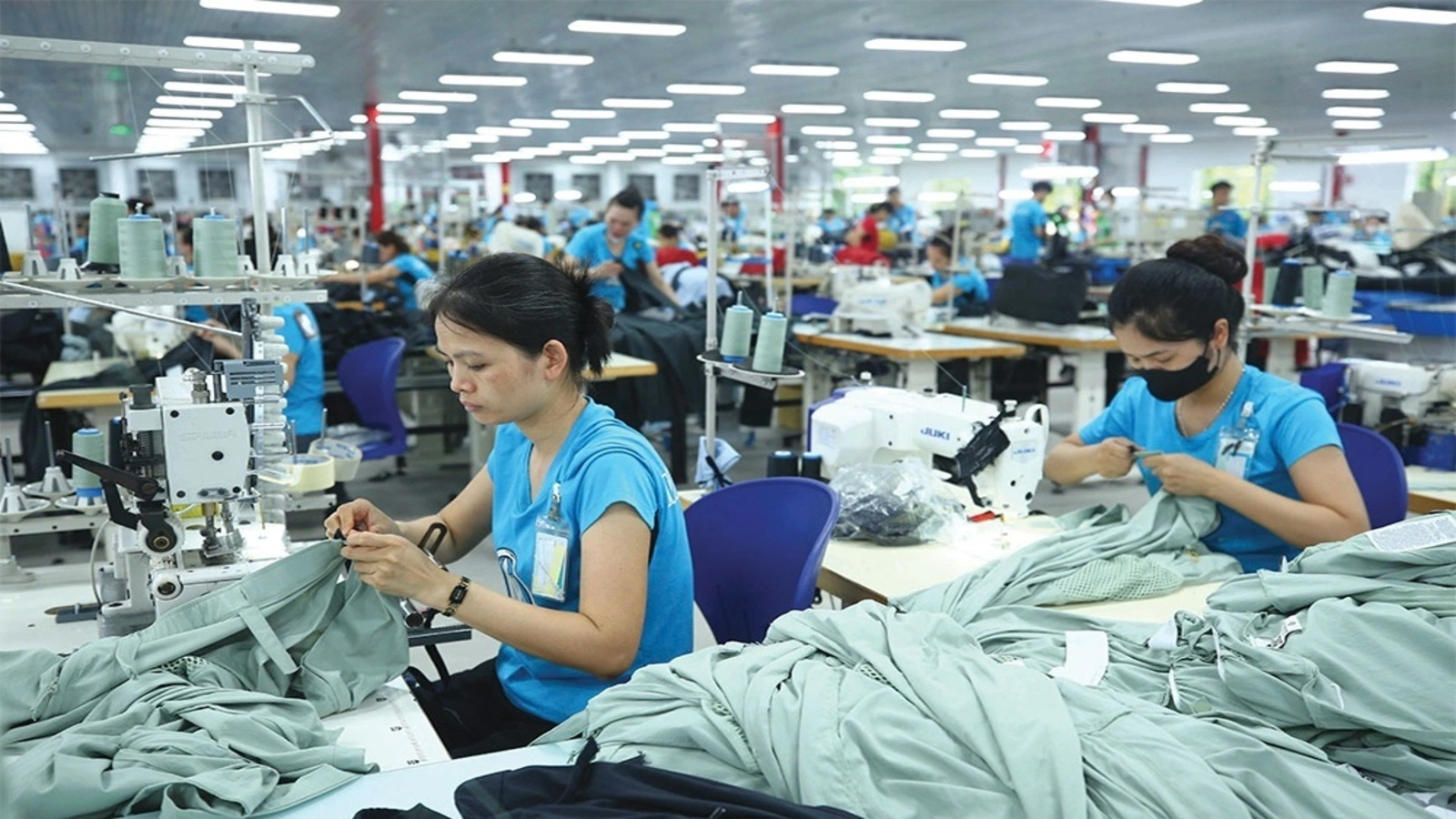



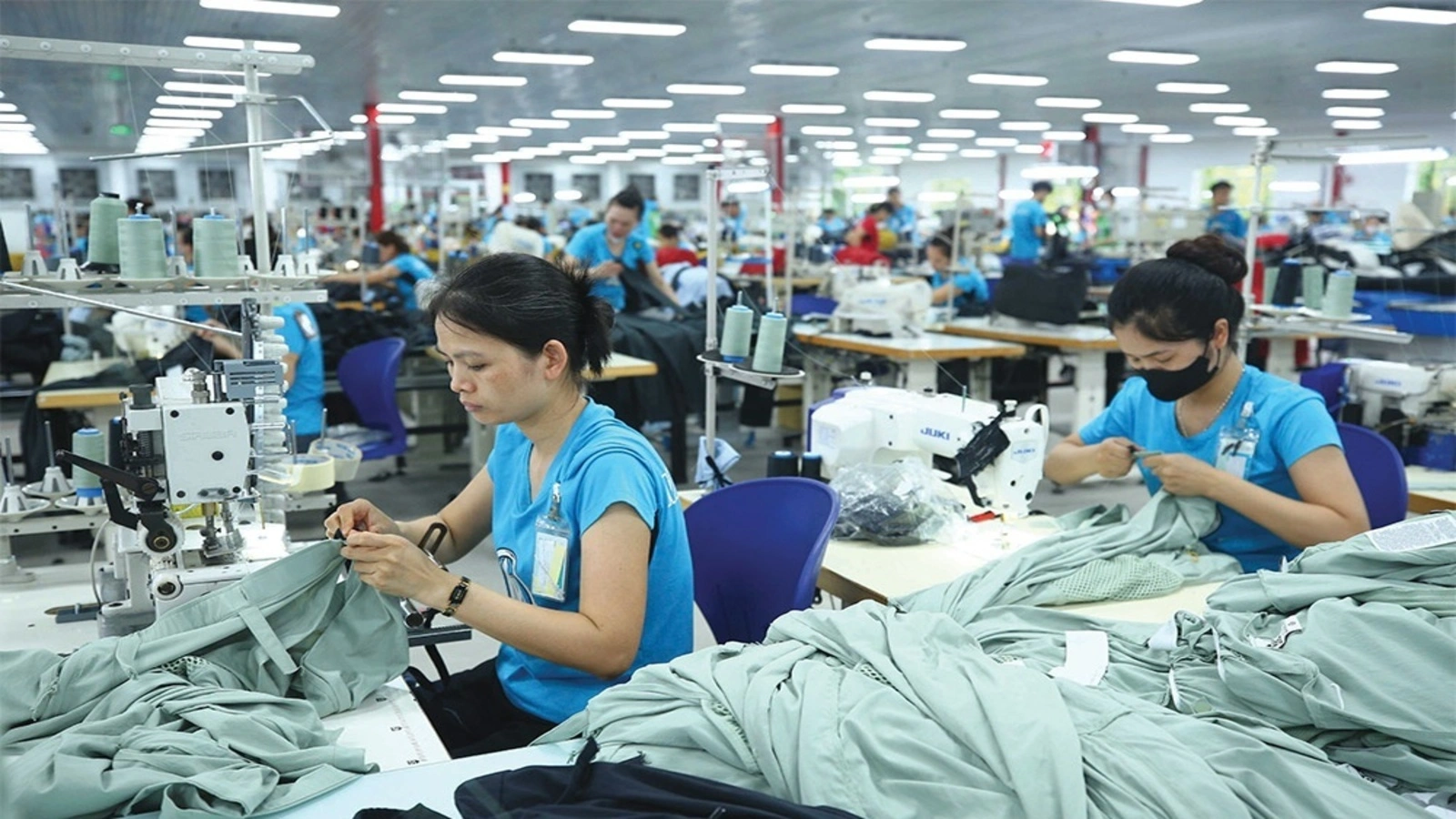

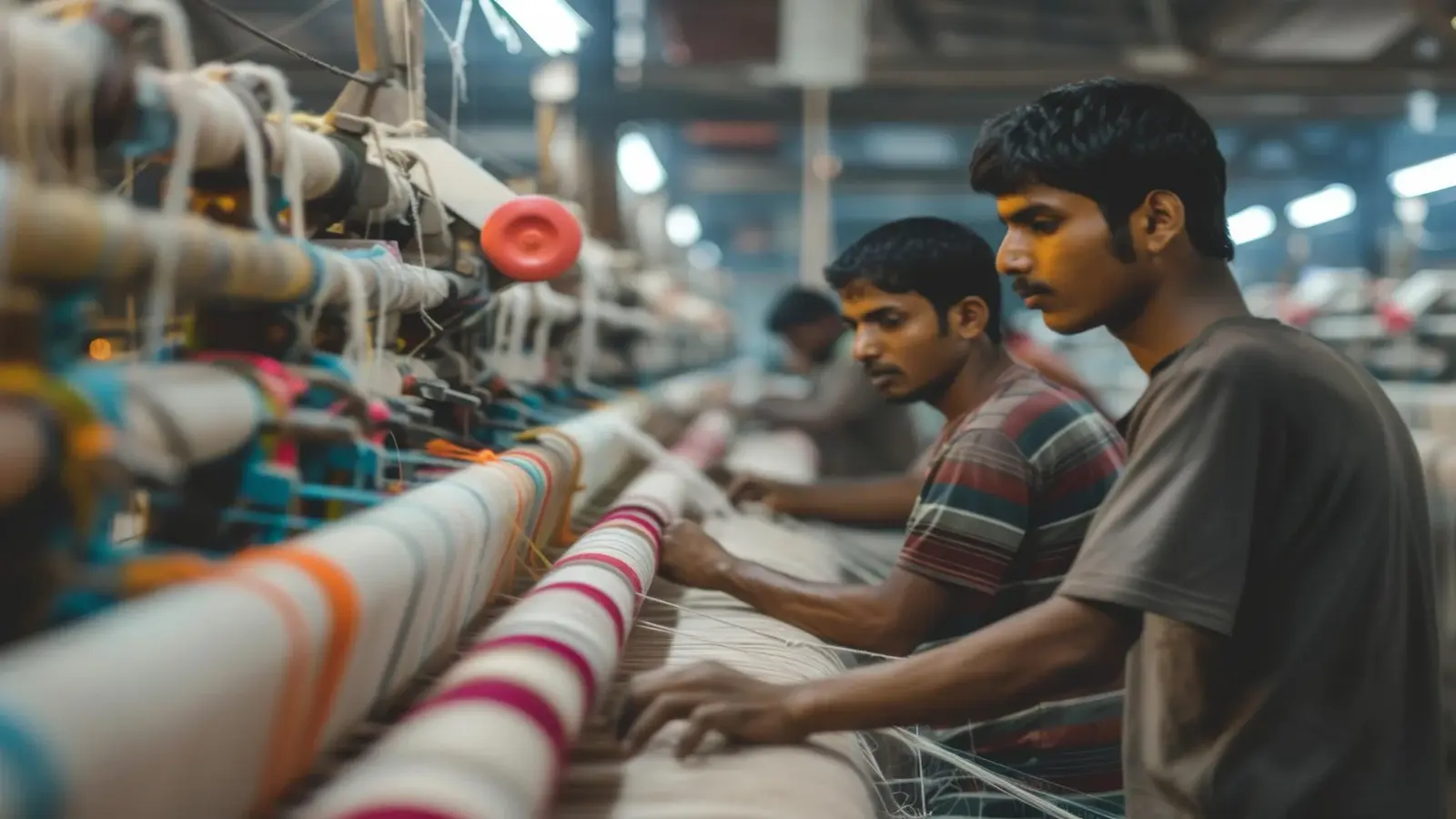

1.webp)






1.webp)

1.webp)
1.webp)
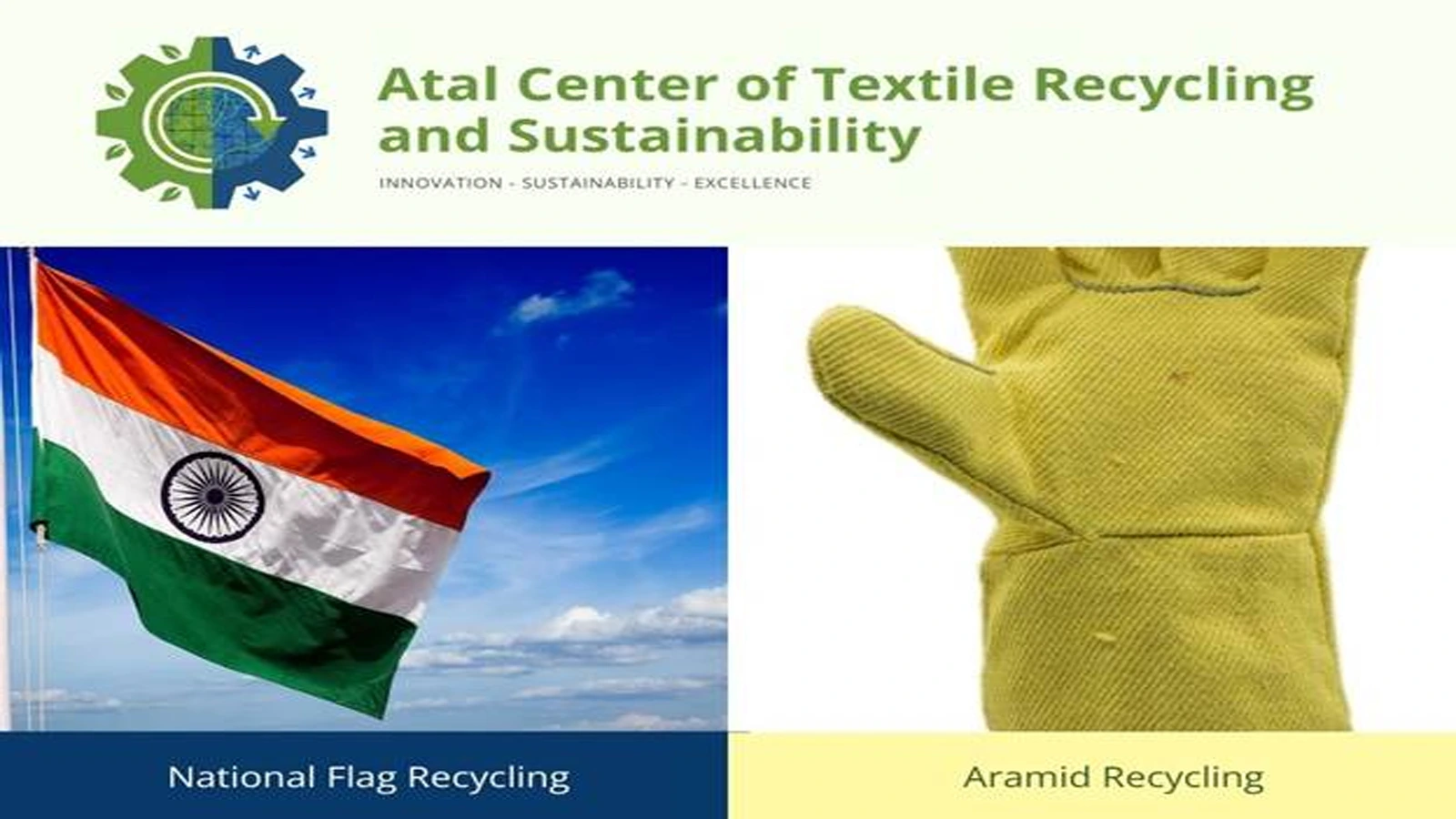
1.webp)

1.webp)

.webp)

1.webp)
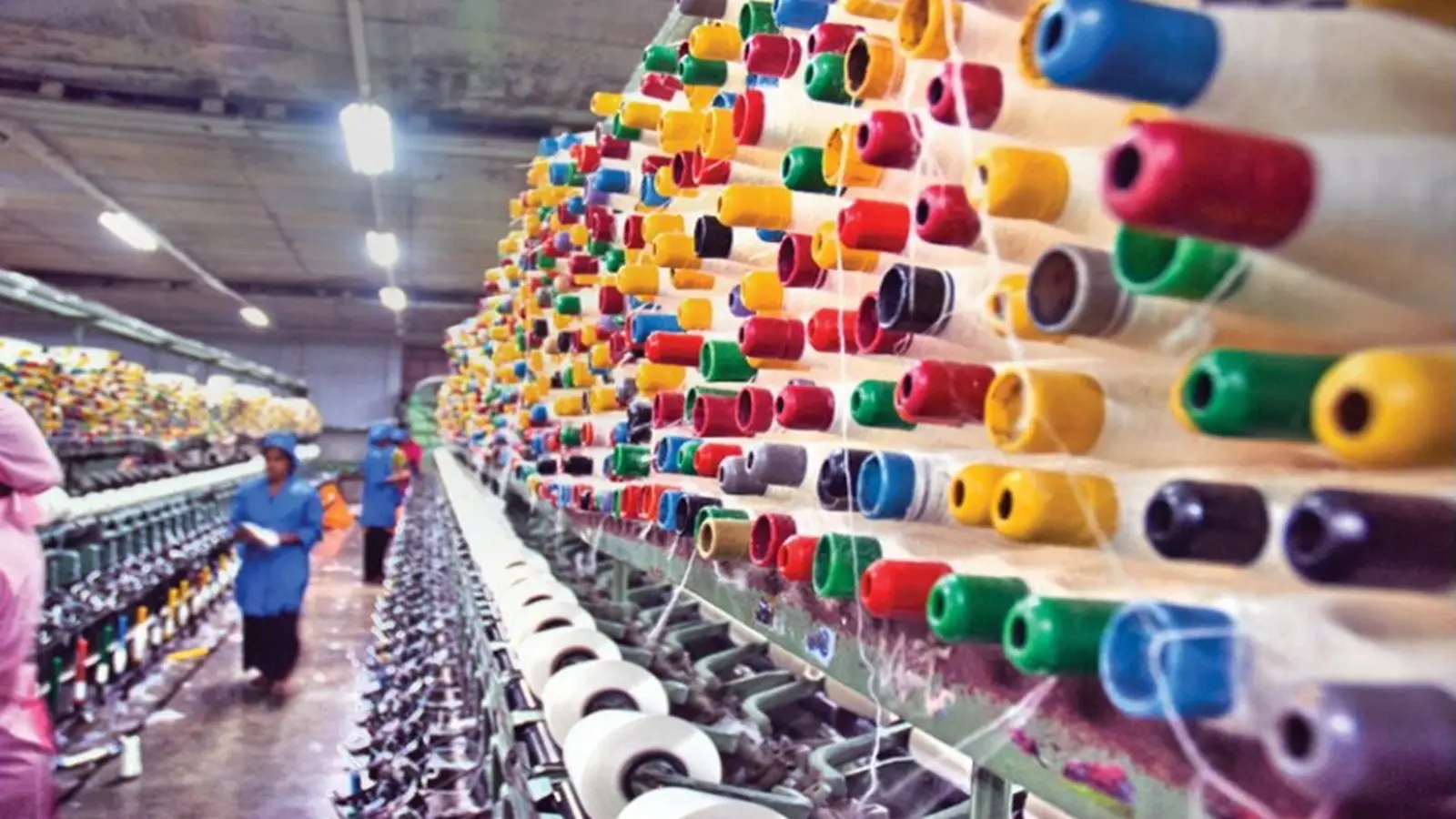
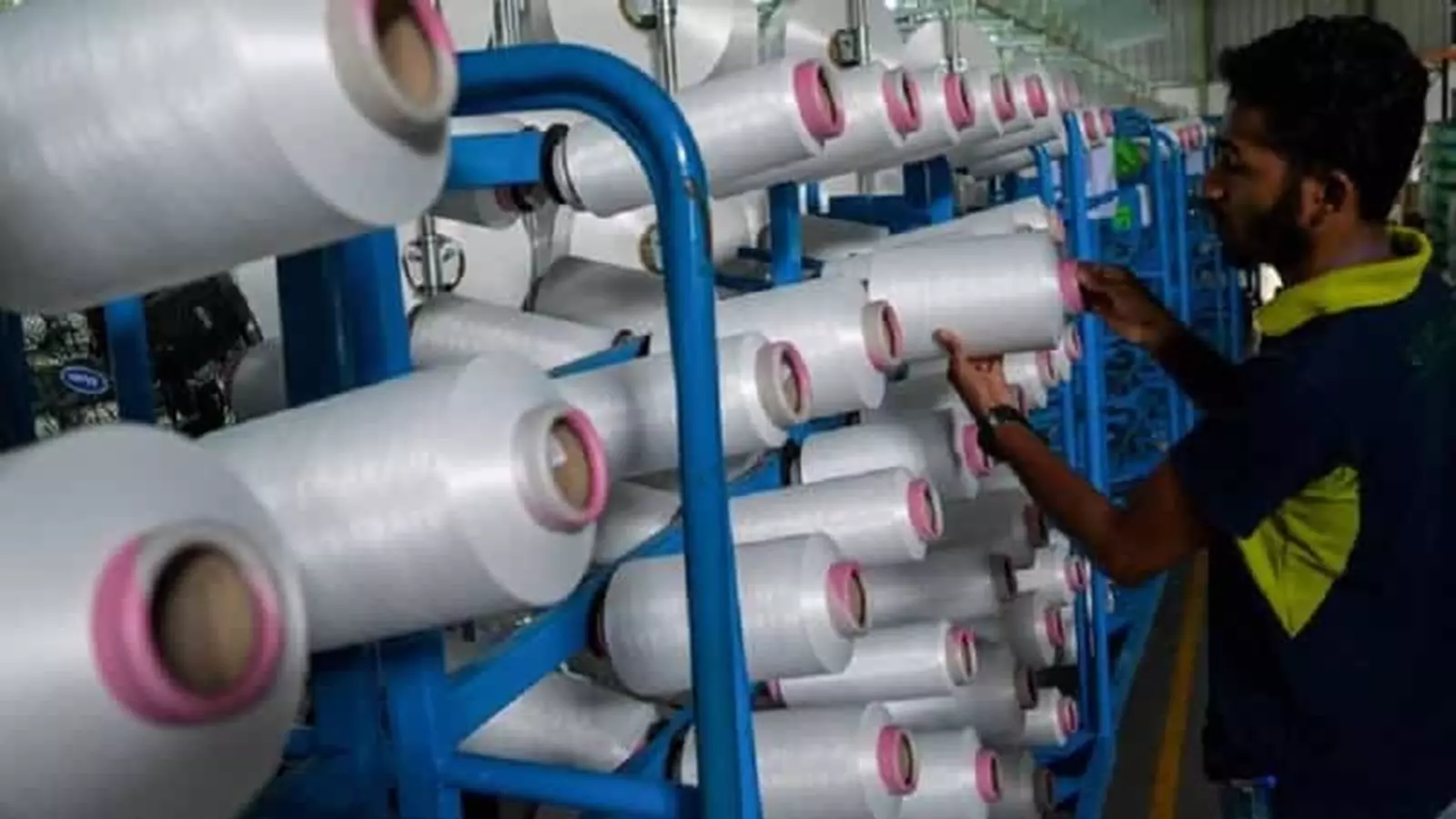

1.webp)









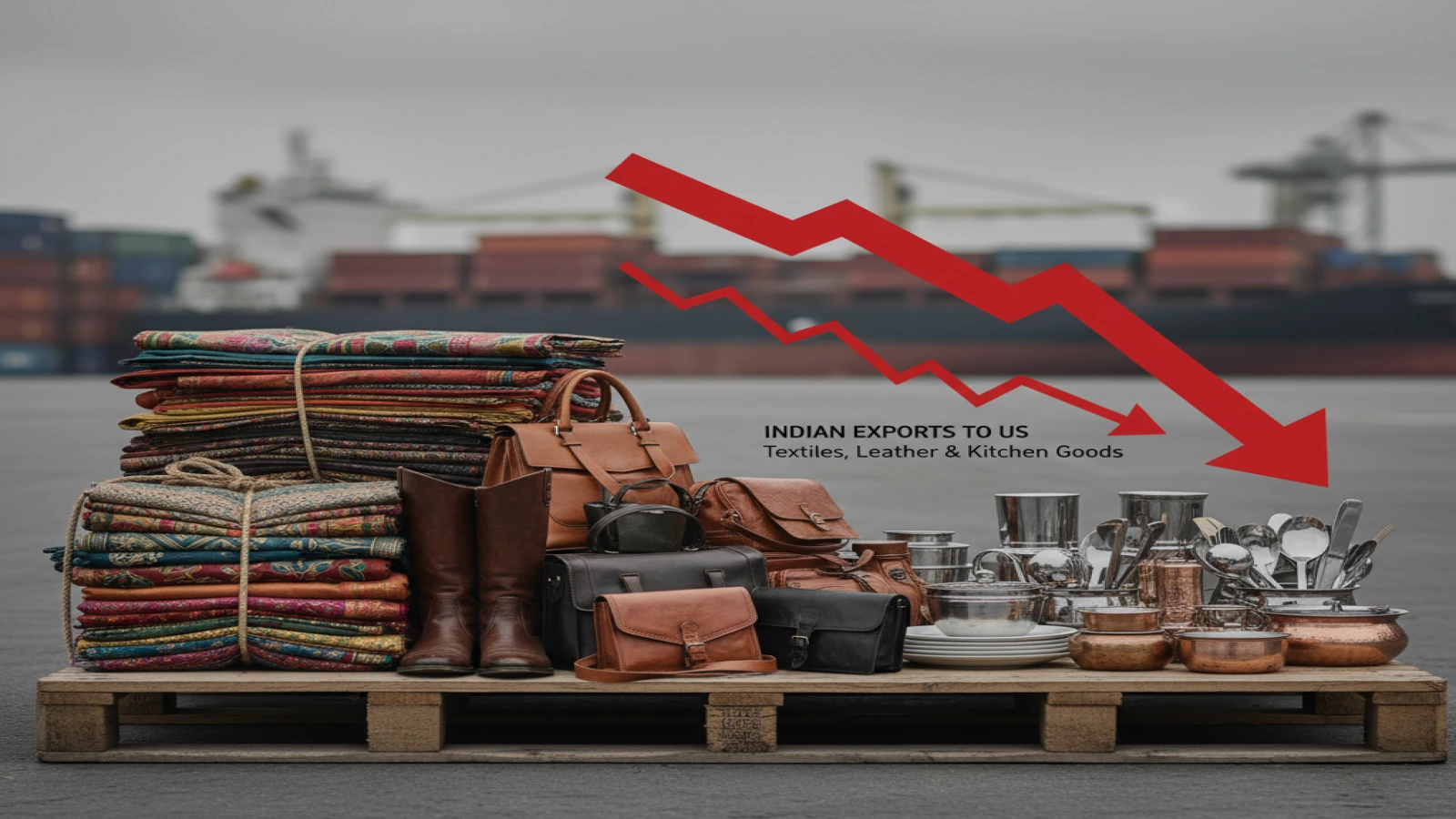
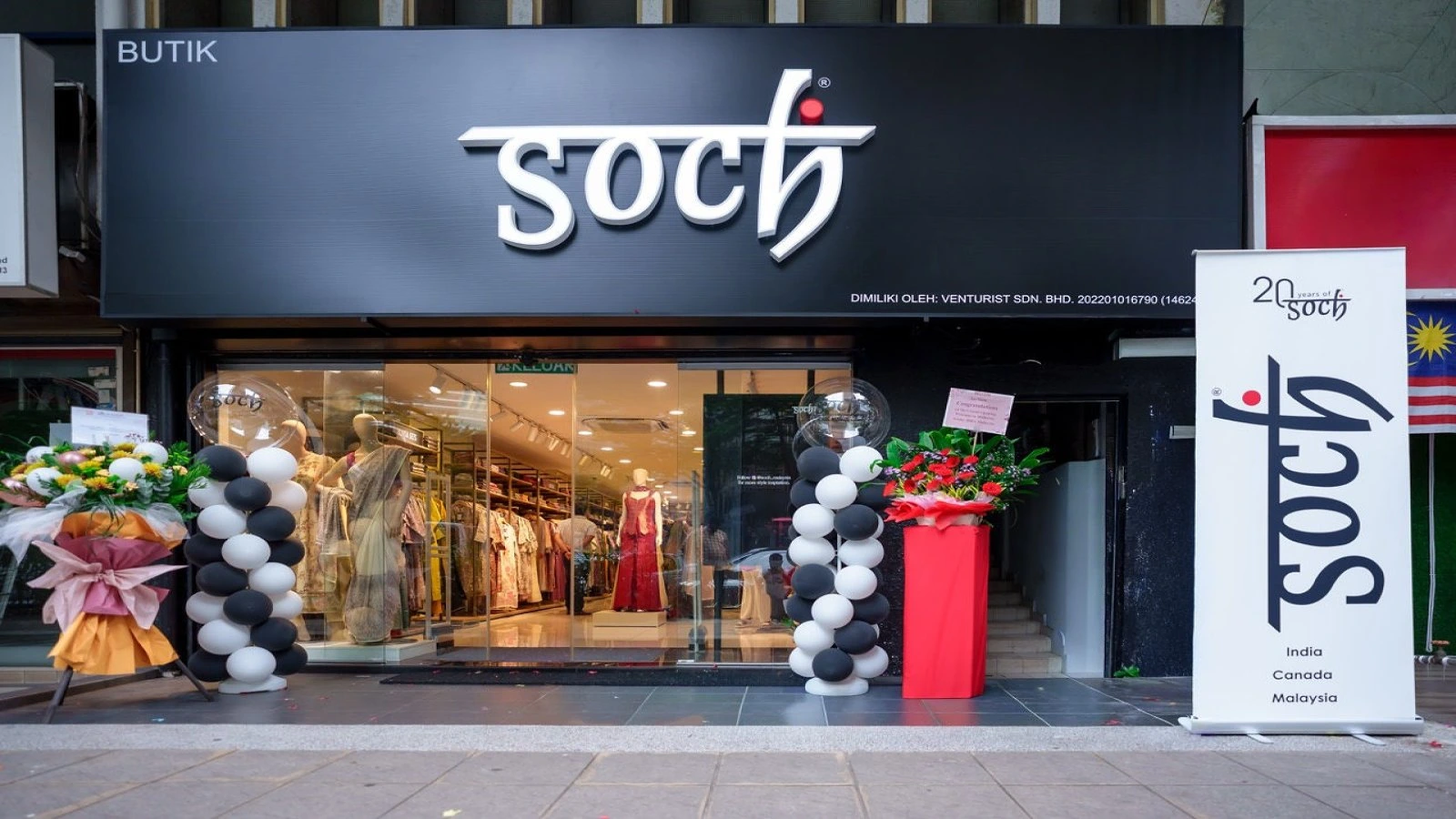
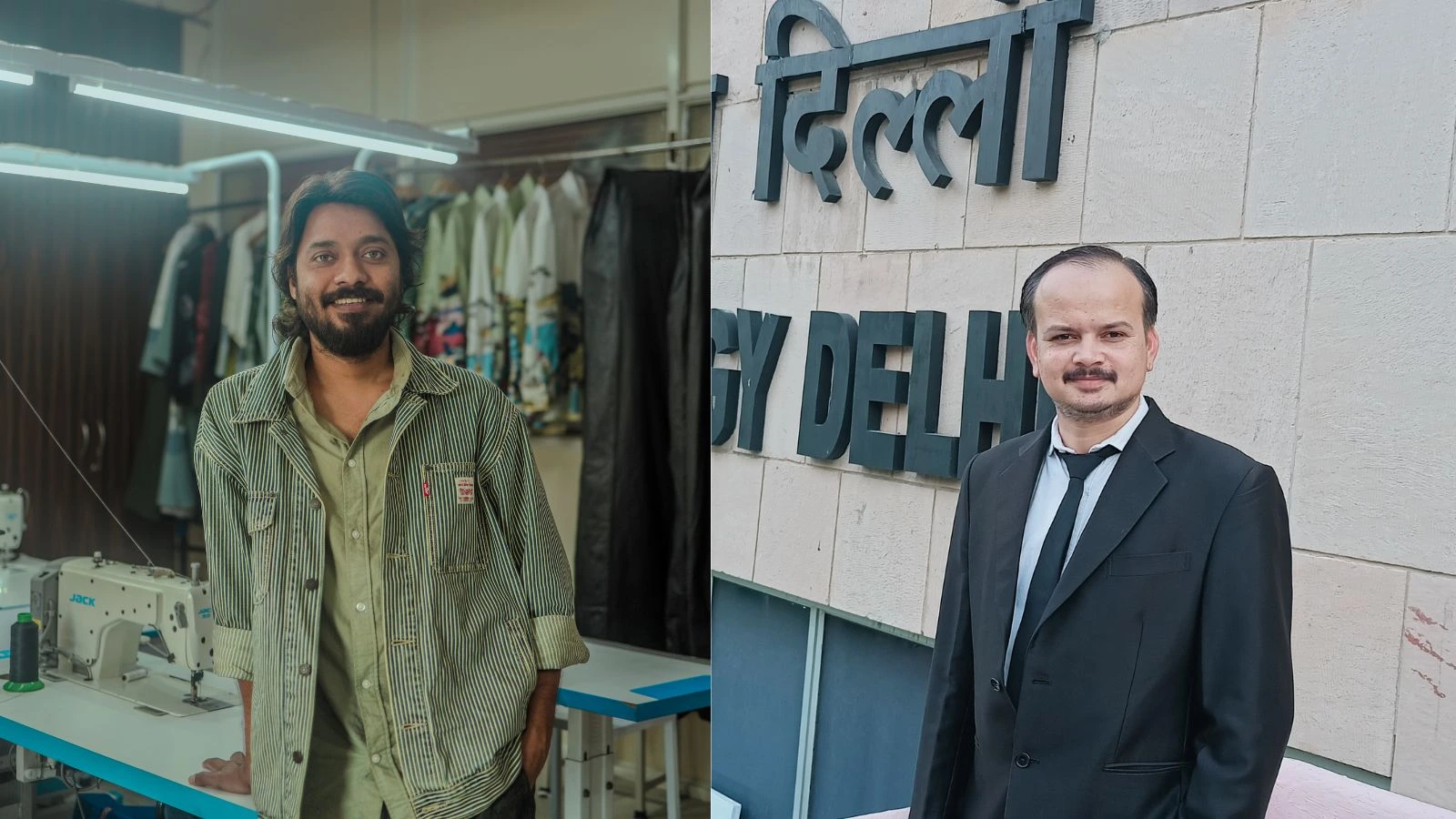

1.webp)








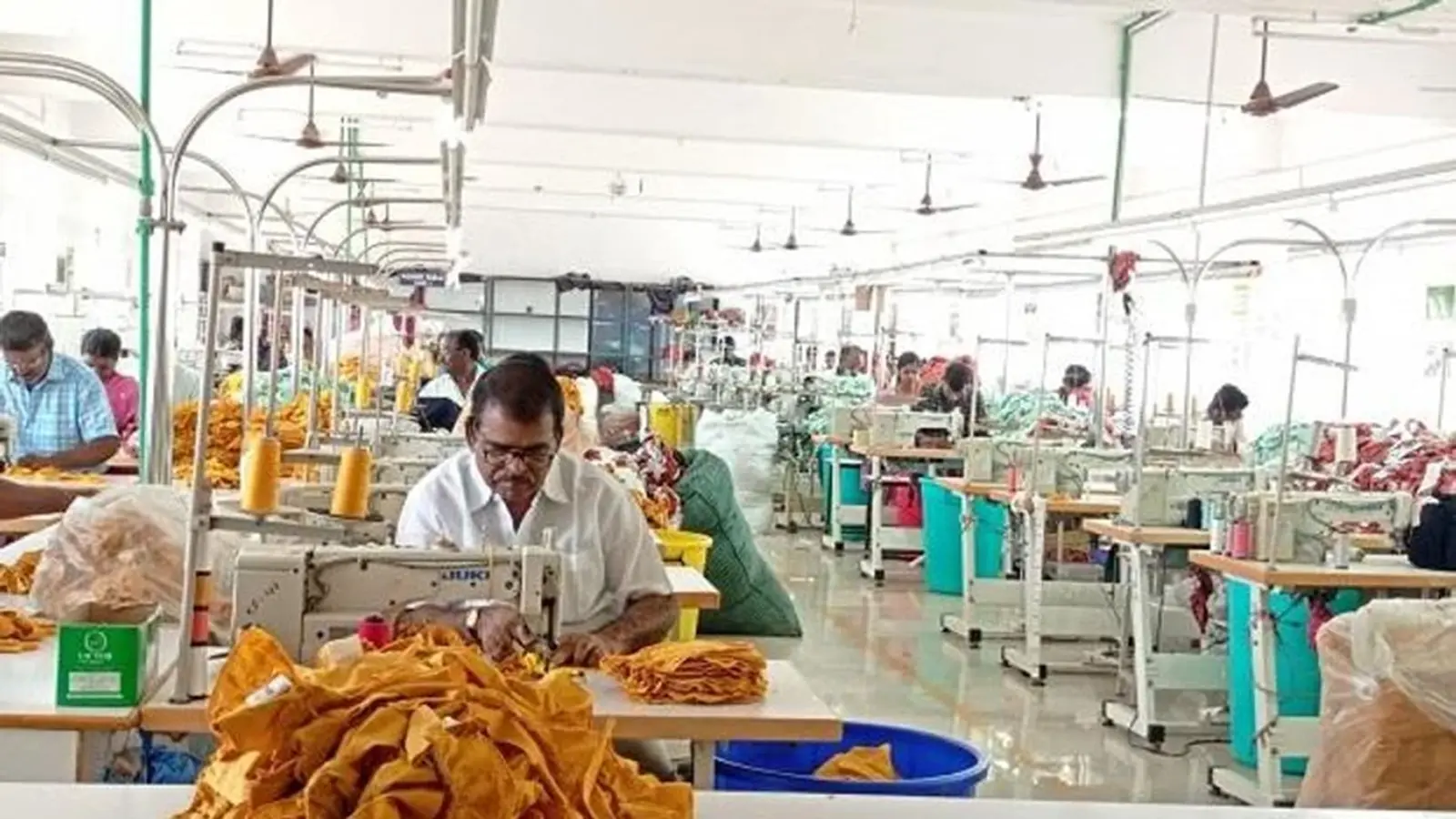
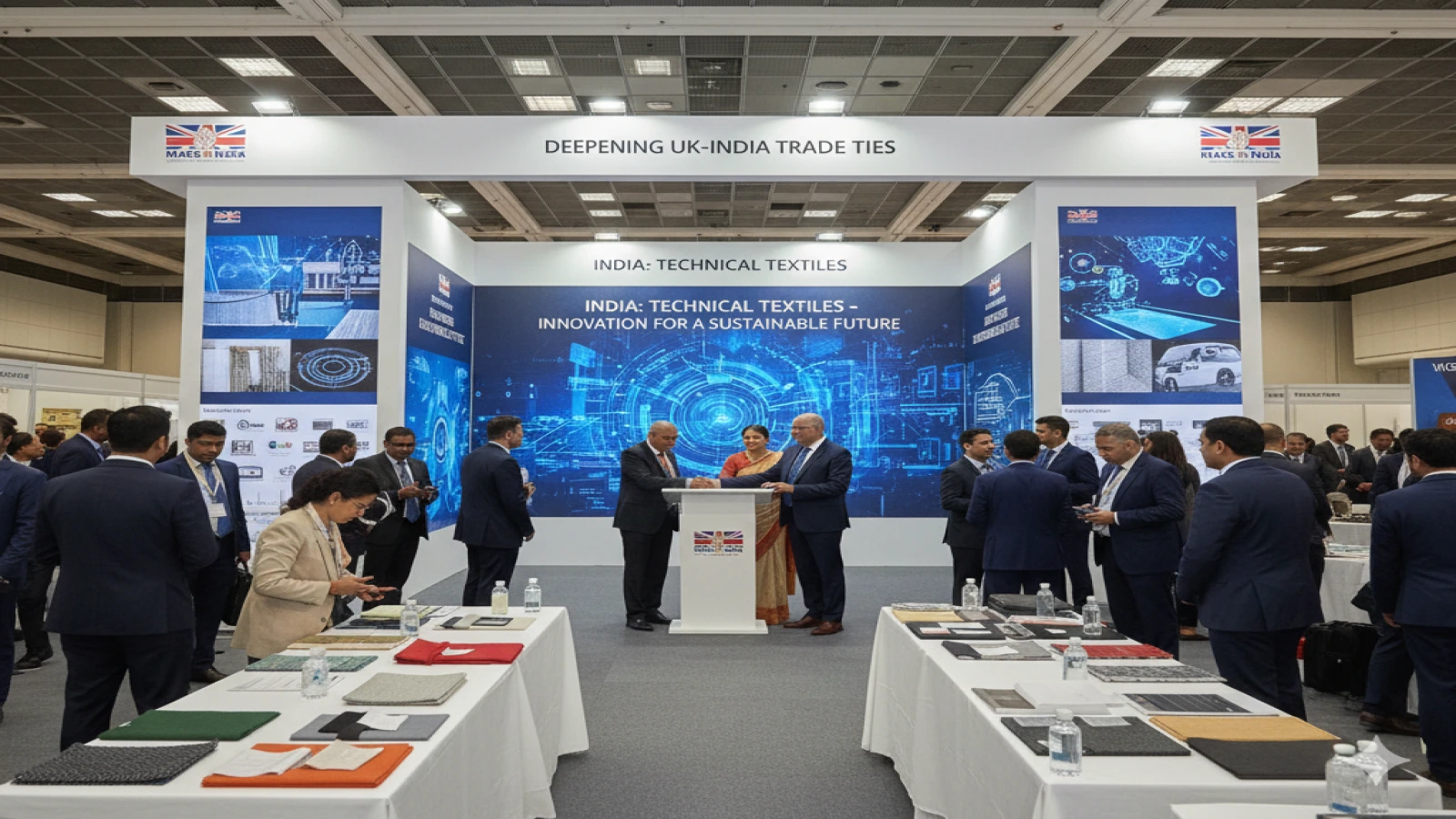


1.webp)


1.webp)

























1.webp)






















1.webp)





1.webp)
1.webp)














1.jpg)






















1.jpg)




























_large1.jpeg)

























































.png)










.jpg)
.jpg)
.jpg)










1.jpeg)